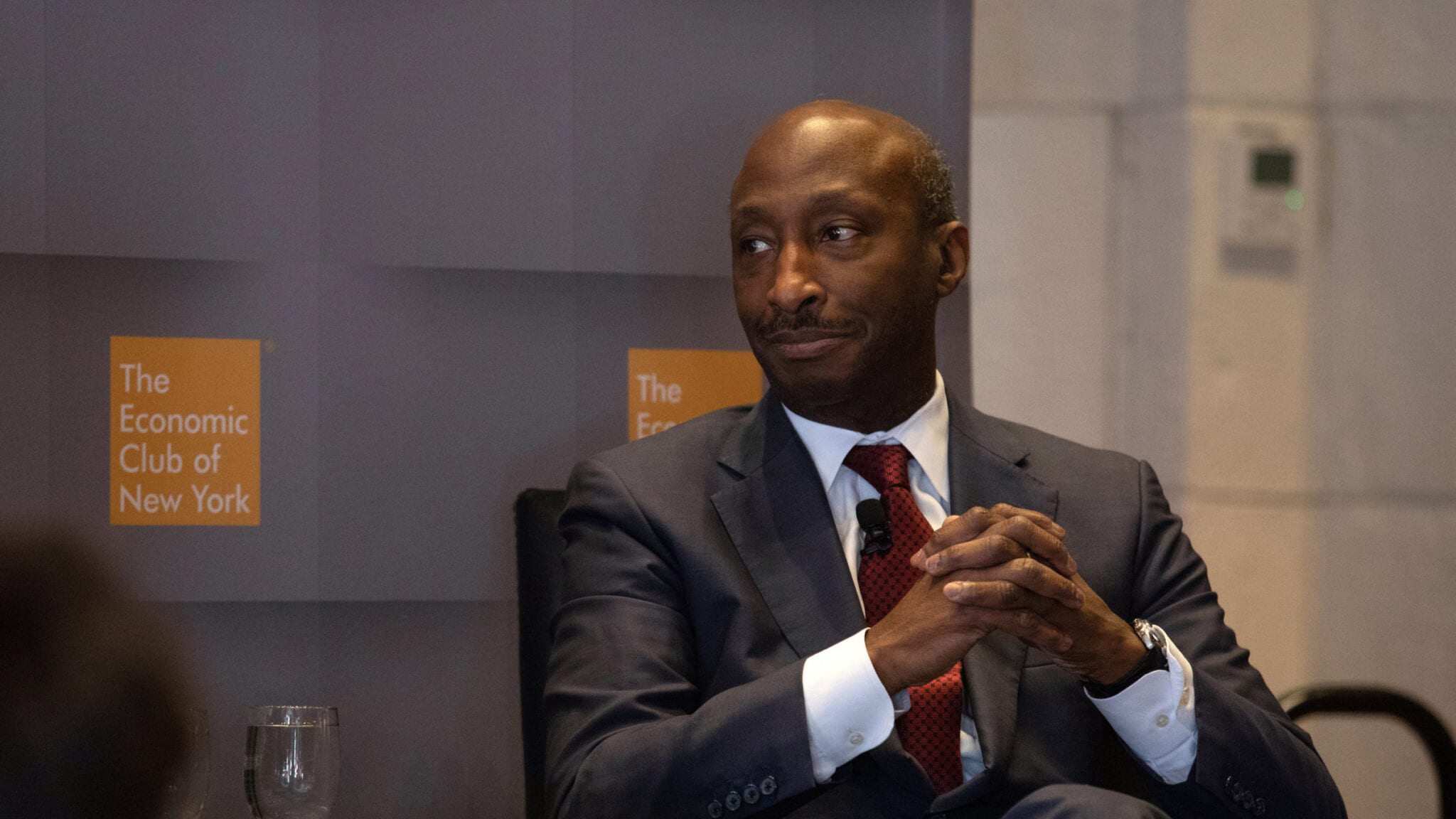
Merck CEO Ken Frazier prepares to step down after 29 years, handing the keys to the Keytruda race car to CFO Robert Davis
Merck CEO Ken Frazier has seen a lot in his 29 years at the Kenilworth, NJ-based drugmaker, but it was 2020 that gave him a true public face. Amid a spate of police shootings, Frazier emerged as a leading voice in the argument for racial equality in healthcare and society writ large.
And now, just like that, he’s stepping away from the helm he has held for 10 years — and could be looking at a future as a highly sought-after elder statesman and truth-teller.
Unlock this article instantly by becoming a free subscriber.
You’ll get access to free articles each month, plus you can customize what newsletters get delivered to your inbox each week, including breaking news.